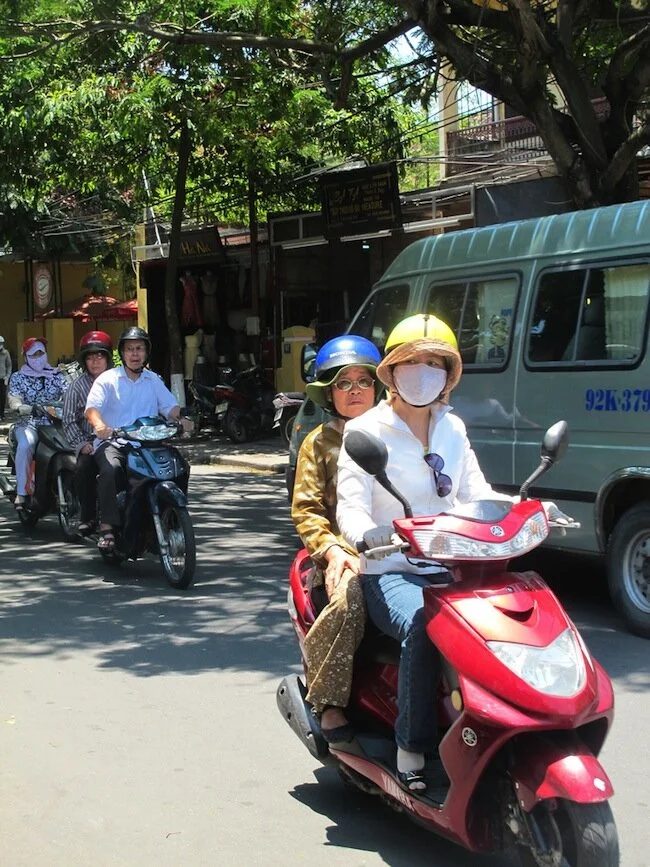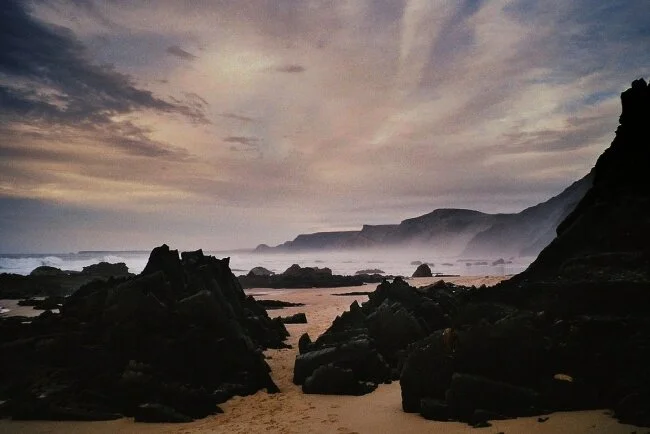EDITOR'S NOTE: YourLifeIsATrip.com executive editor, Judith Fein, received this letter from her friend Manal S. Kelig who lives in Cairo, Egypt. Manal is a devoted mother, wife, tour operator and peace promoter. We publish this with Manal's permission and with gratitude.
 An Egyptian man puts the flag of Egypt on his house with the words " Egypt for All Egyptians" written in Arabic and the sign of peace beside it.
An Egyptian man puts the flag of Egypt on his house with the words " Egypt for All Egyptians" written in Arabic and the sign of peace beside it.
Dear Judie,
Greetings, my apologies for the late reply. Every day I mean to reply but the escalating events are faster than me.
I have been overwhelmed by the chaotic condition that we are living in, and I am not talking about the deaths or the fires, I am taking about the polarizing status that we have been living for the past two years.
For the last 6 weeks all my efforts were directed towards initiatives that aimed to close the gap between the Egyptians. In every single event that ended in violence I knew someone who was harmed there. I had friends who participated in the sit ins and supported it with all their hearts and I had friends who lived in the neighbourhoods of these sit ins and their life became so difficult they had to move out. And yesterday other friends in Luxor had their hotel burned down and their church attacked.
It is very hard days for me as I know friends who are revolutionaries, normal civilians, journalists, MBs, cops, army officers who got shot, are dead or missing and each one of them believe they were standing for justice.
Burned houses, churches, burned police stations and police men, burned cars are all across Egypt. Families mourn the loss of loved ones, the sacredness of their holy places, their personal properties.
Each one of us is making his own sense out of this and --- it is complicated!


















